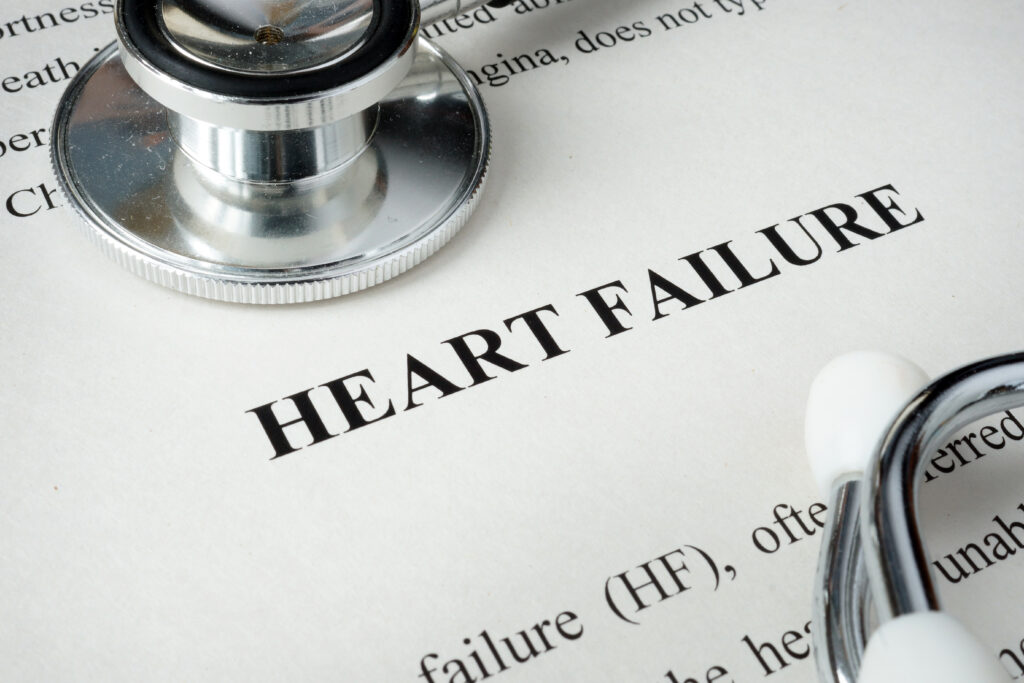ABC Heart Fail Cardiomyop 2022; 2(1): 109-115
Pharmacological Treatment in Patients with Advanced Heart Failure: Recommendations and Challenges
Abstract
Heart failure is a highly prevalent condition, and a series of new therapies have emerged over the past years, improving patients’ survival and quality of life, simultaneously making its management more complex. When treating patients with advanced heart failure, that is, with persistent limiting symptoms and recurrent hospitalizations, it is usually even more challenging to manage cases, given that, in addition to frequently having characteristics that would exclude them from most clinical studies, they pose a series of difficulties to optimizing therapies, mainly due to symptomatic hypotension and renal dysfunction, but also due to difficulty in adhering to the growing list of medications, high costs, and poor understanding of their own disease. The concept that is currently in vogue is that therapeutic optimization, including the 4 fundamental drugs for the treatment of heart failure with reduced ejection fraction (angiotensin-converting enzyme inhibitors/angiotensin receptor blockers/angiotensin receptor-neprilysin inhibitors, beta-blockers, aldosterone receptor antagonists, and sodium-glucose cotransporter-2 inhibitors), should be carried out quickly, within 4 weeks after diagnosis or hospitalization for decompensation, in the event that the patient is not already using the 4 classes. This may be a somewhat “daring” goal when treating patients in more advanced stages. In these cases, some strategies can help to achieve the best tolerated treatment possible, with good control of symptoms and improved survival. Furthermore, intolerance to clinical treatment is also a marker of advanced disease in itself and should be considered a reason for referral to centers specializing in advanced heart failure whenever possible.
Keywords: Drug Therapy; Heart Failure
655


